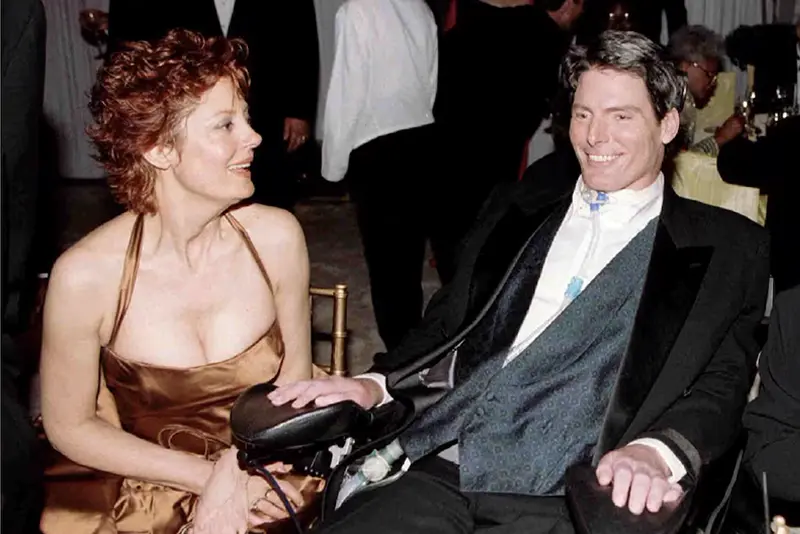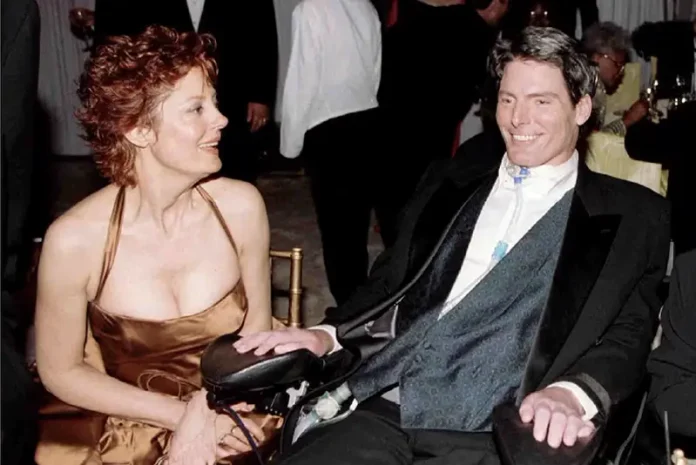October 29, 20241:06 AM PDT

LONDON (Reuters) – What makes a hero? “Super/Man: The Christopher Reeve Story” seeks to address that question by looking at the life of the late actor who once played the Man of Steel but was paralysed following a horse riding accident.
The documentary, released in UK cinemas on Friday, charts Reeve’s rise to stardom thanks to the 1978 film “Superman” as well as his activism and quest to find a cure for spinal cord injury after becoming a quadriplegic.
It features interviews with his three children, Matthew, Alexandra and William, and a rich archive of home footage before and after the avid sportsman’s 1995 accident, showing both tender moments as well as more challenging times.
Reeve, who starred in four “Superman” films and other movies, died in 2004 of heart failure, aged 52. His wife Dana died 17 months later of lung cancer. She was 44.
“It was a huge leap of faith, we decided to sit for interviews and hand over our films and trust that (the directors) would do justice to our dad and Dana’s story, which they did,” Alexandra Reeve told Reuters.
“But it’s also a total gift. We sat there in the screening room (after first seeing the film)… and I remember the lights coming up at the end and… one of the first things I said was: ‘You just gave us two hours with our parents again.’”
Reeve’s children and co-directors Ian Bonhote and Peter Ettedgui said the film seeks to strike a balance, showing both Reeve’s strengths and weaknesses. He is heard talking about his struggles with fame and life after his accident.
“He was always honest and he was always very open and candid … after the accident, he was very forthright about… any medical setbacks, about his hopes for research in the future,” Matthew Reeve said, adding the film wanted to “honour that aspect of his honesty”.
Christopher and Dana Reeve campaigned heavily to advocate for people living with paralysis and their carers, raise awareness and fund research.
“My father and mother placed very little, if any, weight on fame or public success. They cared most about the health and love within a family,” Will Reeve said.
“They didn’t see themselves as anything more than two human beings just trying get through life as best they could.”
(Reporting by Marie-Louise Gumuchian; Editing by Andrew Cawthorne)


